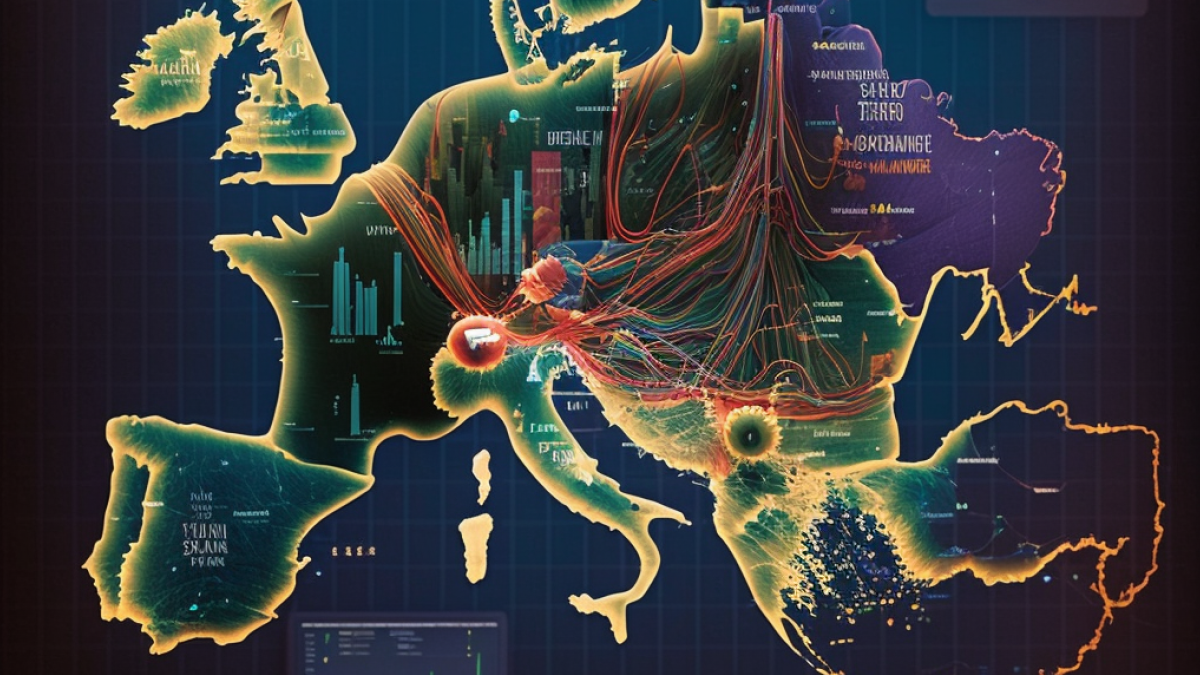Are You Ready for the European Health Data Space?
Don’t miss the opportunity to help make data more accessible to healthcare providers, researchers, and government agencies – and grow your business.
BlueStar's diverse portfolio offers unparalleled access to premium products and services that drive business growth and success. From state-of-the-art hardware to advanced software solutions, our portfolio is designed to empower businesses with the tools they need to thrive in today's competitive landscape.
Our vertical-based content focuses on different industry technologies, solutions, and insights.
A true VAD offers top-notch pick, pack and ship services, and provides programs and services that add value to the distributed products that increase their value or worth.
The BlueStar DifferenceThe fast-food industry is under increasing pressure to adopt more sustainable practices. RFID technology could be the solution.
The fast-food industry is under increasing pressure to adopt more sustainable practices. With growing consumer awareness of environmental issues and tightening regulations, quick-service restaurants (QSRs) are seeking innovative solutions to reduce their ecological footprint. One technology that is gaining traction is Radio Frequency Identification (RFID).
By embedding RFID tags into tableware, technology solution providers (TSPs) can offer QSRs a powerful tool to enhance sustainability efforts. These tags can track the lifecycle of each item, from its initial use to its disposal. For instance, if a tagged container is mistakenly thrown into the general waste instead of recycling, a real-time alert can be sent to restaurant staff, enabling them to retrieve the item before it leaves the premises.
The potential benefits of RFID in the QSR sector are significant. Not only does it help to reduce waste and improve recycling rates, but it can also enhance operational efficiency. By tracking tableware usage, restaurants can optimise inventory levels and reduce costs. Furthermore, RFID can provide valuable data on customer behaviour, allowing for targeted marketing campaigns and improved menu planning.
The recent ban on single-use packaging in France, which came into effect in January 2023, highlights the urgency of finding sustainable alternatives. With 30,000 fast-food outlets serving six billion meals annually, the country offers a prime example of the scale of the challenge. IT solution providers can play a crucial role in helping French QSRs comply with this legislation and achieve their sustainability goals.
Additional RFID Applications for Fast Food Restaurants
Beyond the use case outlined above, there are many additional ways RFID is being used to deliver sustainability to the restaurant industry:
By offering RFID-based solutions, TSPs can position themselves as essential partners to the fast-food industry. By demonstrating a commitment to sustainability and providing tangible benefits to QSRs, you can build strong customer relationships and drive business growth. Additionally, as environmental regulations continue to tighten across Europe, the demand for sustainable solutions in the fast-food sector will only increase. TSPs leveraging RFID technology to address this challenge are well-placed to capitalise on this growing market opportunity.

Don’t miss the opportunity to help make data more accessible to healthcare providers, researchers, and government agencies – and grow your business.

Providing multi-factor authentication (MFA) distinguishes you from competitors and can help build stronger relationships with your customers.

Healthcare is a notoriously difficult industry to sell to. Winning a deal can be incredibly lucrative and foster lengthy relationships, but it also...
